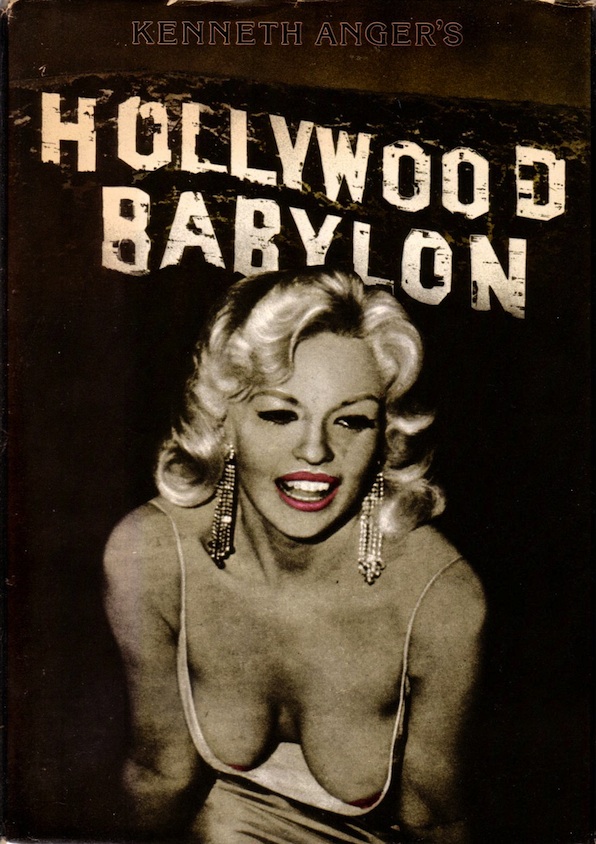  |
 American Panopticons: Voyeurism, Surveillance, and Televisual Subjectivity in Literature, Film, Photography, & Art of the Americas Spring 2012 | English 725/MALAS 600B SEMINAR | Dr. William A. Nericcio, Professor, English & Comp Lit/Director, MALAS 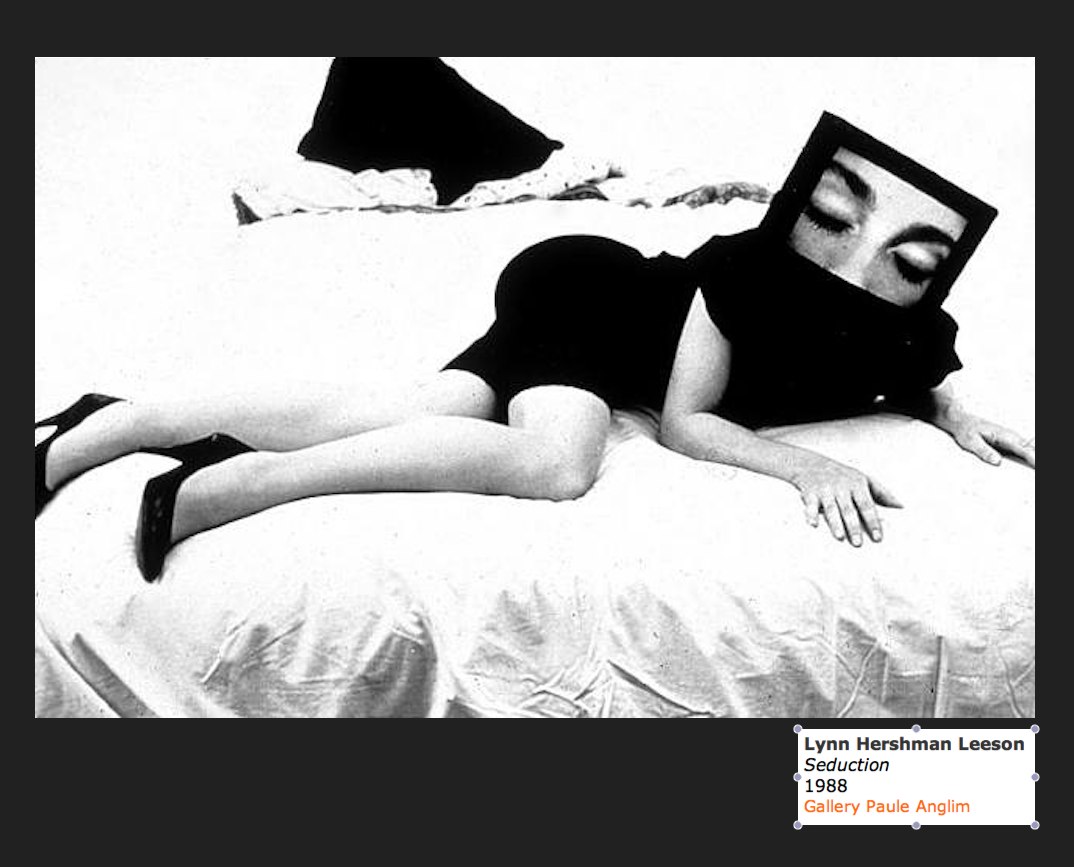 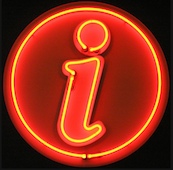 n Spring 2011, my
esteemed colleague, Professor Quentin Bailey, taught a memorable
seminar for the English and Comparative Literature graduate program
entitled "Police and Panopticons." It is in that vein, but with a
decidedly different line-up of texts, that I now propose to teach a
seminar on Voyeurism and Surveillance entitled "American Panopticons." Please don't tell
Dr. Bailey that I stole his idea; he may set those aforementioned
police on my tail (or, worse yet, the ghost of Michel Foucault).
Seriously, when it comes to the dizzying mirror of the panopticon,
invented by Brit polymath Jeremy Bentham in 1791, there is plenty of
good material on both sides of the Atlantic, and so it is that in my
first American Literature graduate seminar in ages, I turn my eye to
Uncle Sam's mirror and to the cultural space of the United States with
a course focused on seeing, subjectivity, television, film, art, and
more. n Spring 2011, my
esteemed colleague, Professor Quentin Bailey, taught a memorable
seminar for the English and Comparative Literature graduate program
entitled "Police and Panopticons." It is in that vein, but with a
decidedly different line-up of texts, that I now propose to teach a
seminar on Voyeurism and Surveillance entitled "American Panopticons." Please don't tell
Dr. Bailey that I stole his idea; he may set those aforementioned
police on my tail (or, worse yet, the ghost of Michel Foucault).
Seriously, when it comes to the dizzying mirror of the panopticon,
invented by Brit polymath Jeremy Bentham in 1791, there is plenty of
good material on both sides of the Atlantic, and so it is that in my
first American Literature graduate seminar in ages, I turn my eye to
Uncle Sam's mirror and to the cultural space of the United States with
a course focused on seeing, subjectivity, television, film, art, and
more.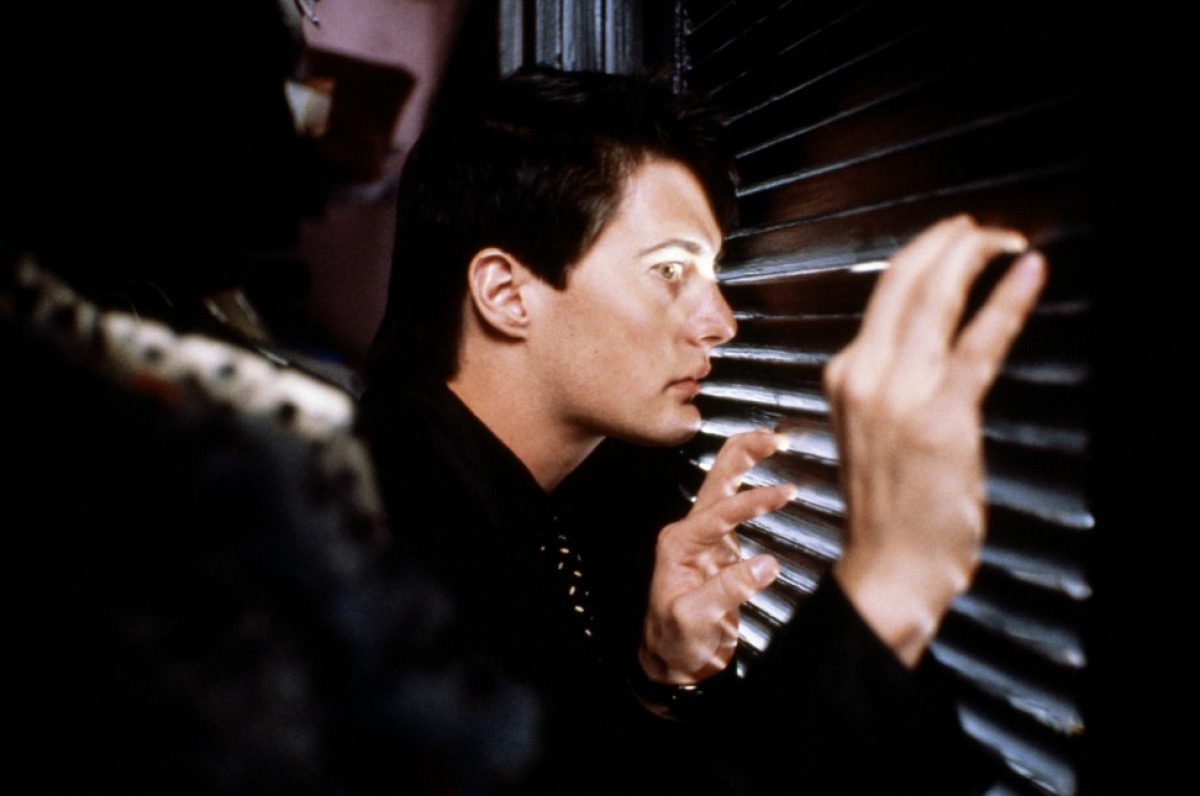 The book, art, and
film list includes Kenneth Anger's Hollywood
Babylon,
Robert Storr et al's Gary
Panter,
Ira Levin's The
Stepford
Wives,
Oliver Mayer's The
Hurt
Business,
yours truly's Tex[t]-Mex, Thomas Pynchon's The
Crying
of Lot 49,
Gilbert Hernandez's Human
Diastrophism, David Lynch's Blue
Velvet, The book, art, and
film list includes Kenneth Anger's Hollywood
Babylon,
Robert Storr et al's Gary
Panter,
Ira Levin's The
Stepford
Wives,
Oliver Mayer's The
Hurt
Business,
yours truly's Tex[t]-Mex, Thomas Pynchon's The
Crying
of Lot 49,
Gilbert Hernandez's Human
Diastrophism, David Lynch's Blue
Velvet,
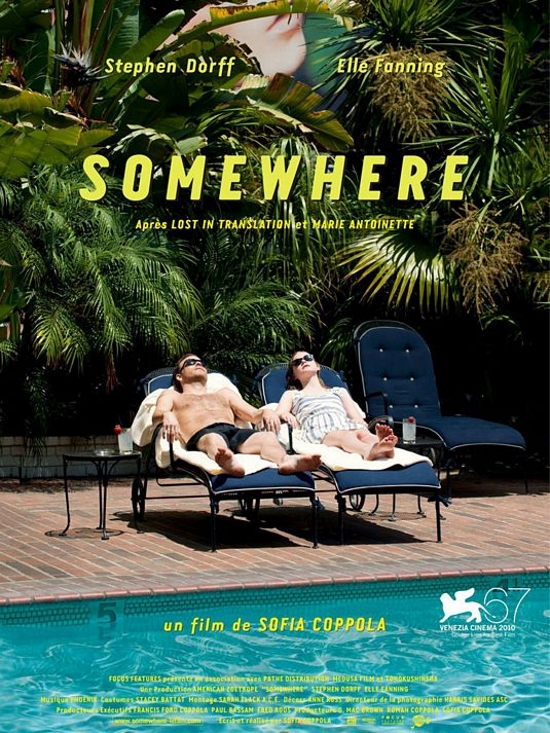 Paul Virilio's War
and
Cinema,
Nathanael West's Day
of
the Locust,
Spike Jonze's Being John Malkovich, Toni
Morrison's The
Bluest
Eye,
Chris Ware's Acme
Novely
Library,
Walker Percy's The
Moviegoer,
Hal
Hartley's Flirt, John Kennedy
Toole's Confederacy
of
Dunces,
Klaus Honnef's Andy
Warhol
and Sophia Coppola's Somewhere. Photography
by
Diane
Arbus,
essays by Susan Sontag, Frantz Fanon, and Michel Foucault, and
more may supplement our main readings/screenings/sightings. Paul Virilio's War
and
Cinema,
Nathanael West's Day
of
the Locust,
Spike Jonze's Being John Malkovich, Toni
Morrison's The
Bluest
Eye,
Chris Ware's Acme
Novely
Library,
Walker Percy's The
Moviegoer,
Hal
Hartley's Flirt, John Kennedy
Toole's Confederacy
of
Dunces,
Klaus Honnef's Andy
Warhol
and Sophia Coppola's Somewhere. Photography
by
Diane
Arbus,
essays by Susan Sontag, Frantz Fanon, and Michel Foucault, and
more may supplement our main readings/screenings/sightings.Through all of these masterworks lurks a deep and abiding curiosity about screens, representations, subjectivity, simulacra, celebrity, and mimesis. The goal of our seminar will be to give ourselves over to a kind of intellectual scopophilia, a libidinally-laced "satisfaction derived principally from looking." 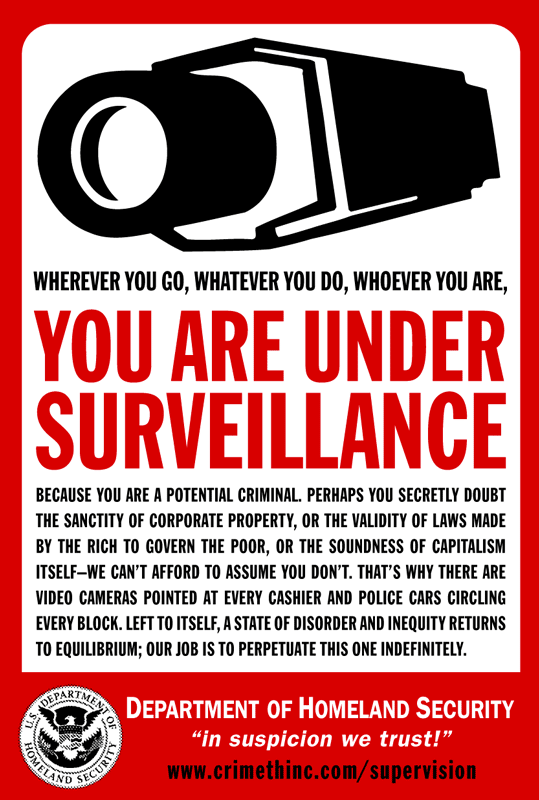 Many
dominant themes
will vie for our attention: "seeing and the Subject," "traces of
Hollywood," "the cinematics of war/warring cinematics," and more. Most
interesting of all, perhaps, will be our examination of how screen
culture (Hollywood, cameras, motion pictures, {and now} tablets and
smartphones) "seep" in/through culture--it gets to the point that you
can't imagine a piece of fiction not somehow "touched" by the eye/I of
the screen. I am presently finishing a book that looks at the
consequences of this "touching"--an almost viral form of reproduction
that leads to the formation of "televisual subjectivities." Many
dominant themes
will vie for our attention: "seeing and the Subject," "traces of
Hollywood," "the cinematics of war/warring cinematics," and more. Most
interesting of all, perhaps, will be our examination of how screen
culture (Hollywood, cameras, motion pictures, {and now} tablets and
smartphones) "seep" in/through culture--it gets to the point that you
can't imagine a piece of fiction not somehow "touched" by the eye/I of
the screen. I am presently finishing a book that looks at the
consequences of this "touching"--an almost viral form of reproduction
that leads to the formation of "televisual subjectivities."This graduate seminar is listed both as an English American Literature seminar (Engl 725) and a MALAS cultural studies seminar (MALAS 600B), and is open to graduate students in all fields and disciplines--graduate students in Theatre, Film, Art, Women's Studies, Chicana/o Studies, and Anthropology are invited to consider adding this class to their Spring 2012 roster of courses; advanced undergraduates should write memo@sdsu.edu if they are interested in auditing a seminar or two. |
| Panopti-economics What you can expect, what is expected... |
| how to succeed in a literature/cultural
studies/interdisciplinary seminar... preparation  graduate seminar
course (the closest you can get to doing doctoral
level work in the humanities at SDSU) is a pretty serious thing. Or,
better put: it can be a
pretty serious thing... but not serious
in the heart-attack sense; more like serious
in the "great, now i have to be accountable for my intellectual range,
preparation,
and imagination" sense. graduate seminar
course (the closest you can get to doing doctoral
level work in the humanities at SDSU) is a pretty serious thing. Or,
better put: it can be a
pretty serious thing... but not serious
in the heart-attack sense; more like serious
in the "great, now i have to be accountable for my intellectual range,
preparation,
and imagination" sense.My expectation, of course, is that you will enter each seminar session having carefully completed the assigned reading for a given day. But you should also know that my desire far outstrips my expectations! My desire is that you will have both prepared the material by doing the reading, but that you will also have “prepared” the material as if you were the professor for the class. That means doing the reading, surveying recent research in the field of said work, looking up published reviews and scholarship that focus on said work, and preparing questions (both discussion questions and close-reading-related questions) to share with your professor and your colleagues. And because we are a hybrid animal, with literature-fetishizing folks, cultural studies-devoted gente, and other, assorted malcontents, this will give all of you the chance to share your various knowledges, experiences, and research with the group in a way that will be transformative. When we are undergraduates, it is easy, perhaps, to sit in the back of the room and listen. And while you can still get away with this as a graduate student, you must also consider that said silence does your colleagues a disservice. We will be prowling through issues of aesthetics, visual culture, political science, history, and American Studies for four long months together; promise me, and promise yourself that you will use the time we have together to share the amazing contours of your imagination! 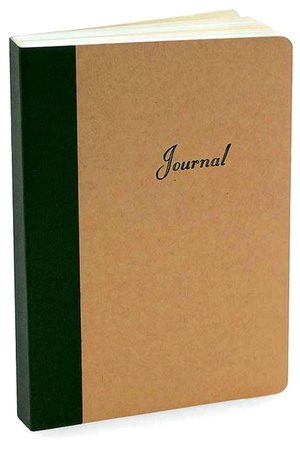 american panopticon televisual journal american panopticon televisual journalOne of your required pieces of technology is actually a small, plain, brown journal--please buy the ones available at the campus bookstore. You are responsible for bringing it to each and every class with at least 5 pages of writing on the readings for that give weak--think of it as a prehistoric palm pilot. You are encouraged to decorate it uniquely so that you can recognize it and retrieve it quickly when returned to you by your interloping seminar professor. Feel free to paste images in it that you run across that relate to your readings and your researches. If you are an artist/photographer, etc, do feel free to let your journal reflect the range of your modes of expression. big scary seminar paper This being a "graduate seminar," it is expected that you will produce a scintillating piece of rhetorical excellence in the course of the semester--if you are an English graduate student, a piece of literary criticism the likes of which never before seen since Edward Said's pen went silent! If you are a MALAS student, a piece of cultural studies wizardry that would make the shade of Walter Benjamin return to the planet to say "chapeau." To that end, you will submit to me on Tuesday, May 8, 2011, in our seminar, a well-researched, nicely crafted, exquisitely-honed critical essay anywhere from 12 to 22 pages. The essay should be typed, double-spaced and carefully proofread. It should not have any special cover page or plastic cover--a staple or paper clip in the upper left hand corner is fine. 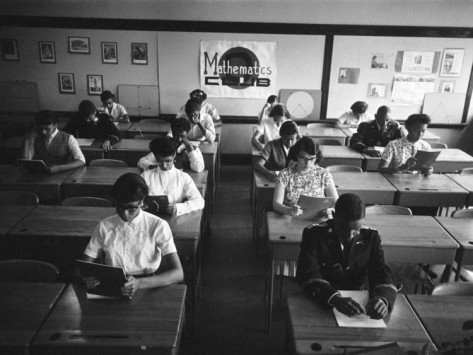 What will this beautiful essay be about? That's the fun part! Let us first consider the obvious: you are a graduate
student. What does that mean? It
means that you are a scholarly apprentice of sorts. You are one in a
long line of individuals who aspire to scholarship--someone who aims to produce an exegesis of the
first order. Like it or not, one of the things which will
determine whether or not you have what it takes to get past the gates
at the ivory tower is your writing. It used to be that
writing for literary journals was an extended exercise in pain and
self-abuse. But the field is changing and so are its journals. That is the easy part. What will this beautiful essay be about? That's the fun part! Let us first consider the obvious: you are a graduate
student. What does that mean? It
means that you are a scholarly apprentice of sorts. You are one in a
long line of individuals who aspire to scholarship--someone who aims to produce an exegesis of the
first order. Like it or not, one of the things which will
determine whether or not you have what it takes to get past the gates
at the ivory tower is your writing. It used to be that
writing for literary journals was an extended exercise in pain and
self-abuse. But the field is changing and so are its journals. That is the easy part.
How will you go about imagining this essay? Please have your essay derive or be based in large part on a text, author, director, theme, genre which is part of the required material for our class; moreover, I am also open to you conceiving of your submission to me as a draft chapter from your master's thesis, or a possible submission to critical journal. Footnote vs. endnote? MLA style vs. Chicago style vs. APA style?  These
controversies have been solved for you in advance. As part of your
assignment, I want you to immerse yourself in the variety of journals
now publishing essays in , literature,
film studies, cultural
studies, comparative literature and contemporary studies in comparative
cultures. You may complete this immersion here at SDSU's Love library,
at USD, or UCSD. These
controversies have been solved for you in advance. As part of your
assignment, I want you to immerse yourself in the variety of journals
now publishing essays in , literature,
film studies, cultural
studies, comparative literature and contemporary studies in comparative
cultures. You may complete this immersion here at SDSU's Love library,
at USD, or UCSD. Some pretty good journals include: american literature, boundary 2, critical inquiry, social text, pmla, south atlantic quarterly, camera obscura and cinema journal. Think of your essay, then, as an exercise in role-playing--any question you might have about format, tone, styles, footnoting tactics and the like will be answered by the editorial policy of the journal you select as your guide. Do please submit with your seminar essay, a copy of one essay from the journal you have selected that represents to you the BEST that journal has to offer. Do note that our library has great, full-text, online journal archives like project muse and jstor--if you are off campus, you may have to log-in through the SDSU Libweb server reference index to access these invaluable index. If you have any question as to the appropriateness of a journal just give me a call or pull me aside and ask me. What can you write on? Well, just about anything. I imagine the best exercise will be to throw all your books and notes on a table, think about what are some of the provocative issues that have stayed with you during the term and then head off to the library and those endless stacks of scholarly journals. By the time you’ve paged through all those journals and get back to your books and notes, you’ll have a firmer grasp on the goals of your analytical adventure. You’ll also probably have a headache--welcome to academe. My office hours are on Wednesday afternoons from noon to 3pm and by appointment in Arts and Letters 273--do please take the time to introduce yourself and be a real, living, breathing, dynamic part of our seminar. My phone number is 619.594.1524 and email address is memo@sdsu.edu |
required texts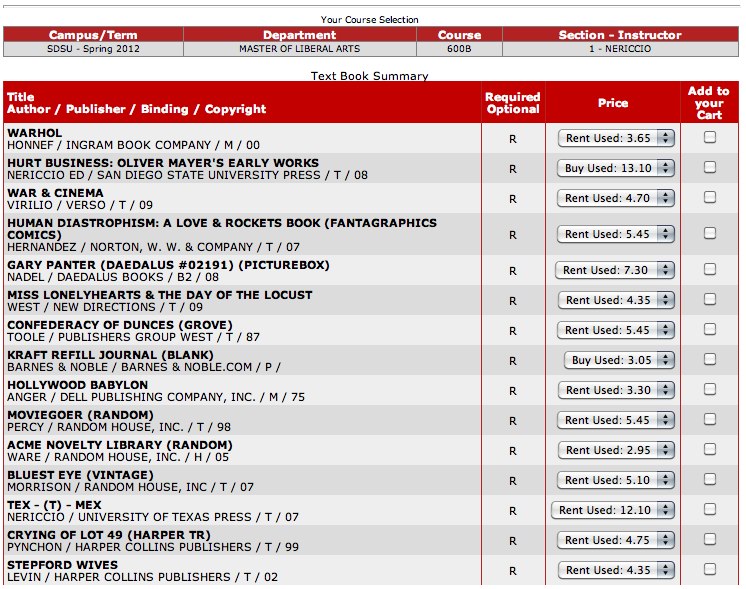 |
resource blog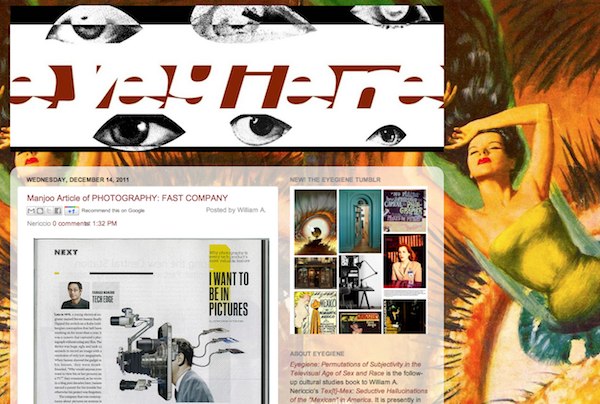 |
resource
tumblr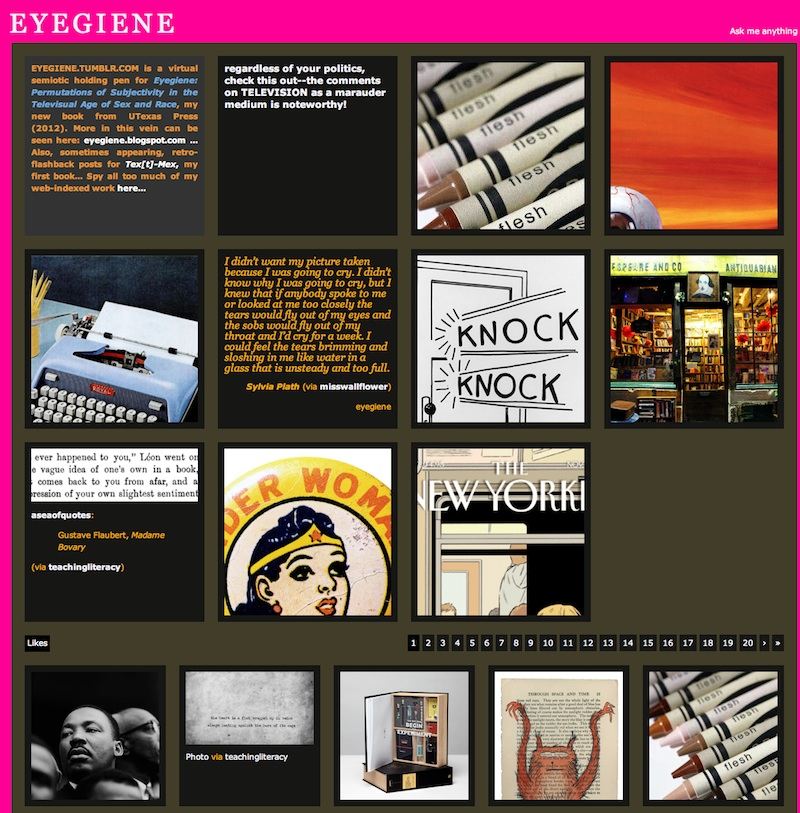 |
| Our Facebook Community Page | Not Required, but useful! |
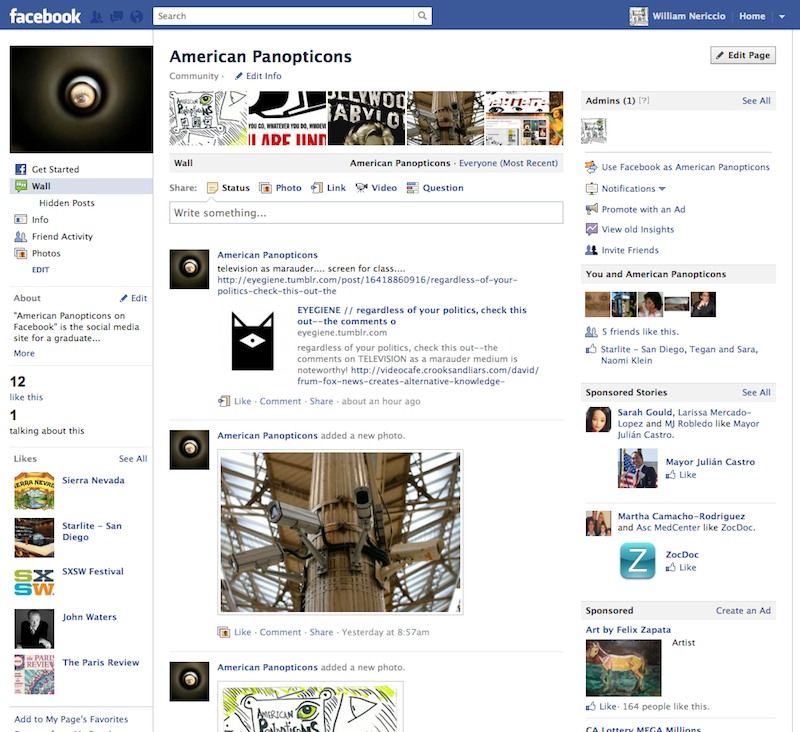 |
| COURSE SYLLABUS | Updated from
time to time... |
| Tuesday, January 24, 2011 |
 |
| January 31, 2011 |
In class, we will continue our screening and discussion of DAVID LYNCH's
remarkable 1986 opus, BLUE VELVET. Continue reading ahead in the
volumes by ANGER, NERICCIO, and WEST (especially THE DAY OF THE
LOCUST)--we will use some of our time today to begin preliminary
WESTian considerations.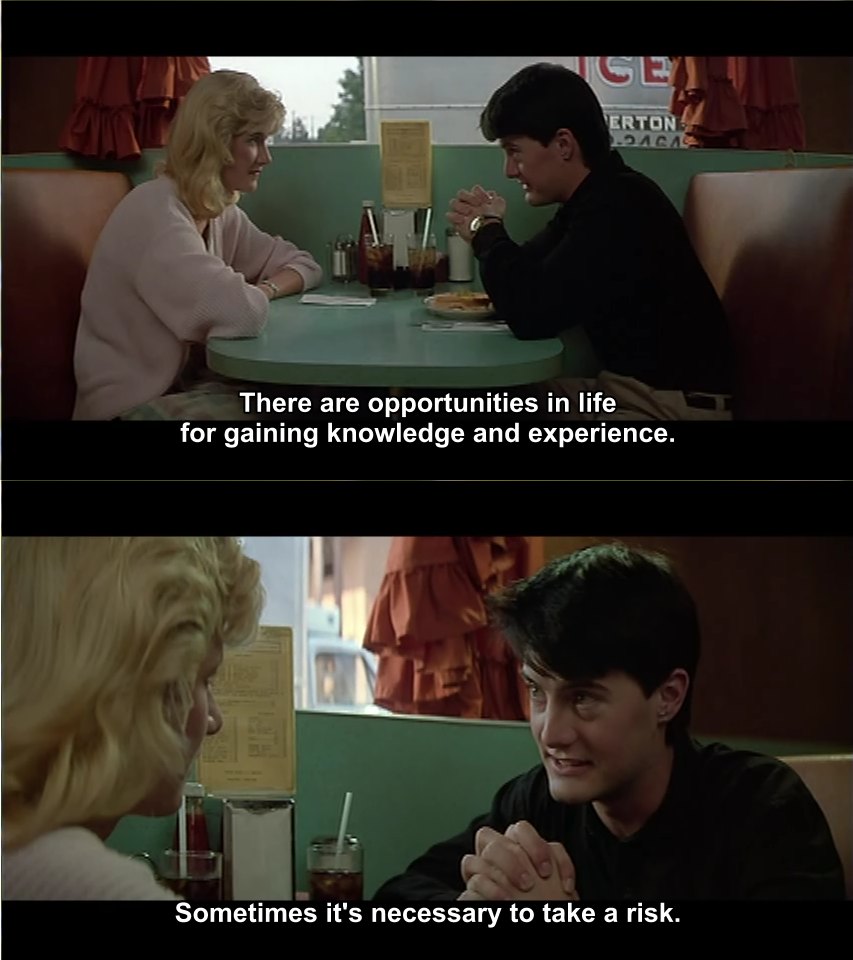 |
| Tuesday, February 7, 2011 |
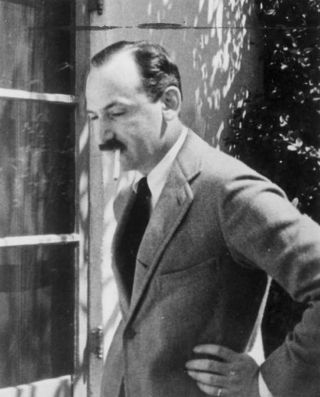 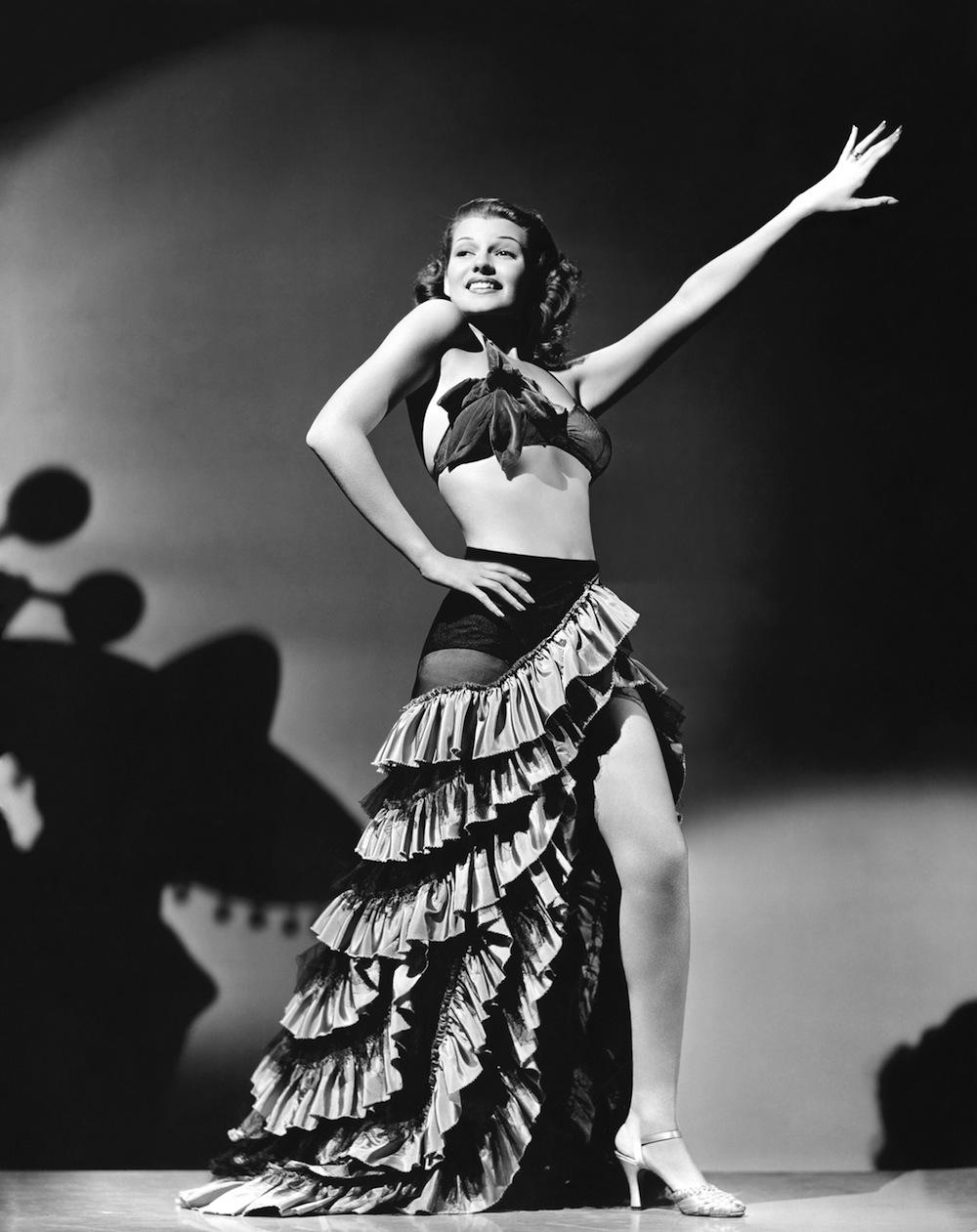  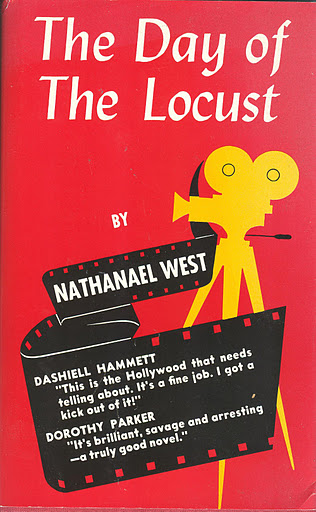  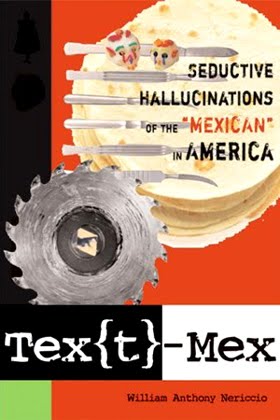
|
 Tuesday, February 14, 2011 Tuesday, February 14, 2011 |
click to enlarge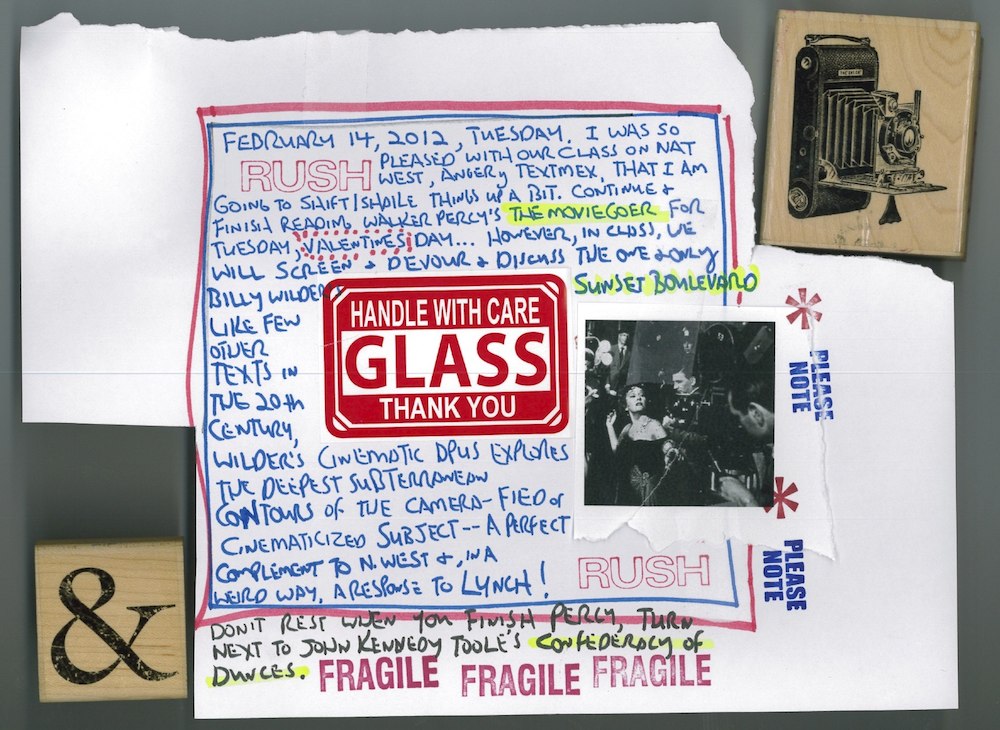 |
| Tuesday, February 21, 2011 |
| Tuesday, February 28, 2011 |
| Tuesday, March 6, 2011 |
 |
| Tuesday, March 13, 2011 |
You can also read the RITA HAYWORTH chapter in Tex[t]-Mex if
you have the time or inclination; this, especially, if you are
intrigued by the idea of "woman" as text or construct in american
lit/film history...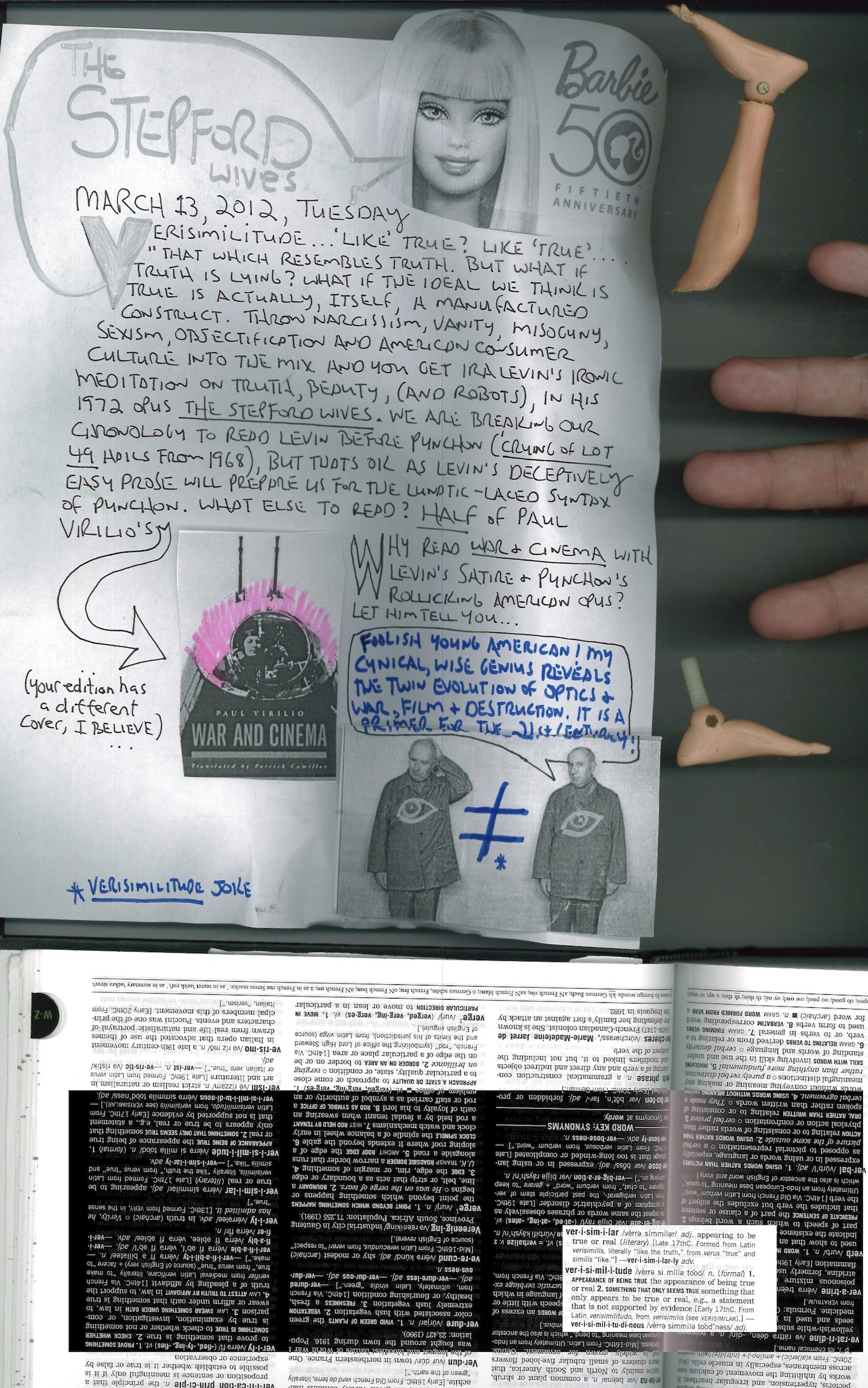 |
| Tuesday, March 20, 2011 |
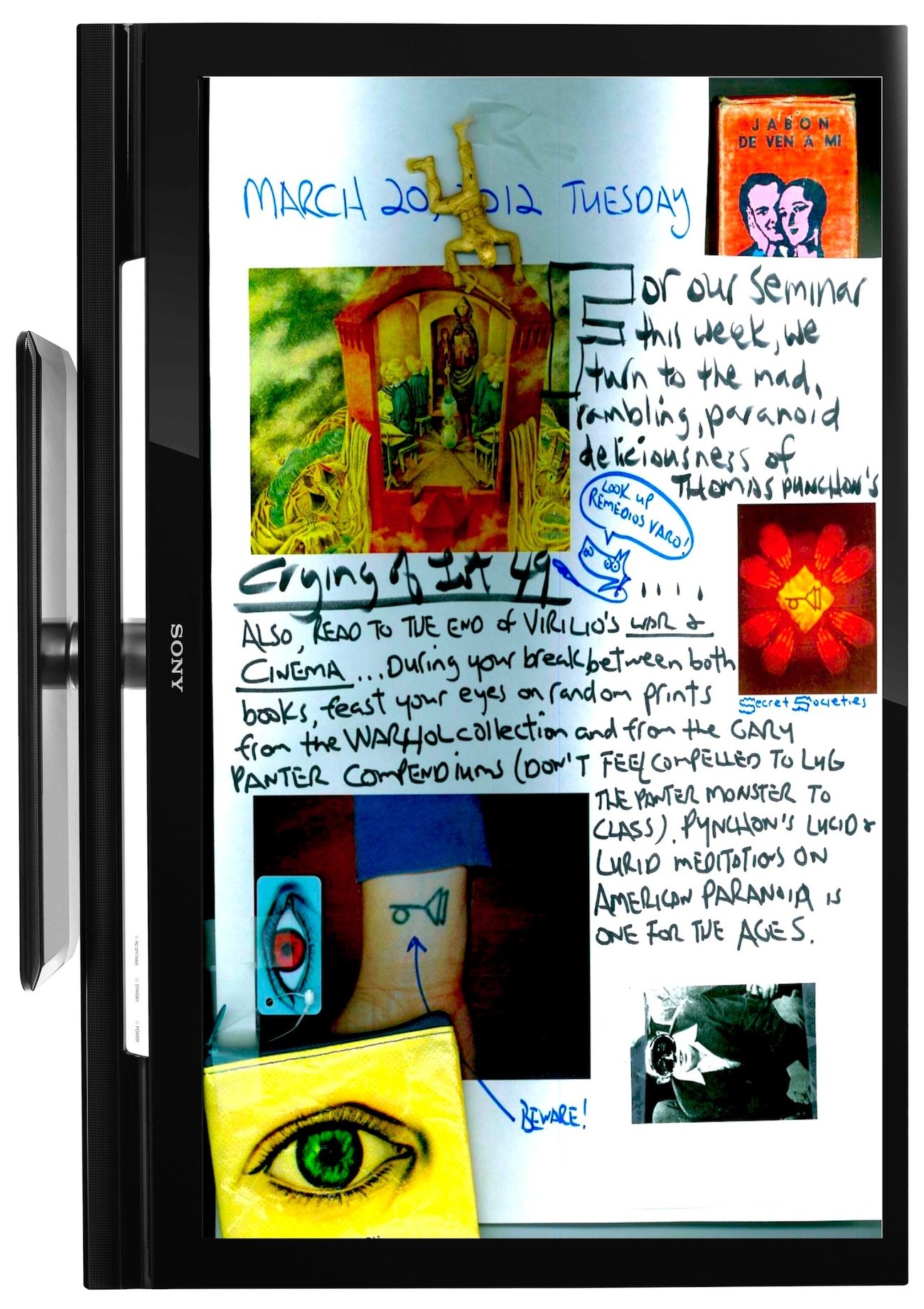 |
| Tuesday, March 27, 2011 Spring BREAK.... no class! I know, I know, you're heartbroken! Me too...! |
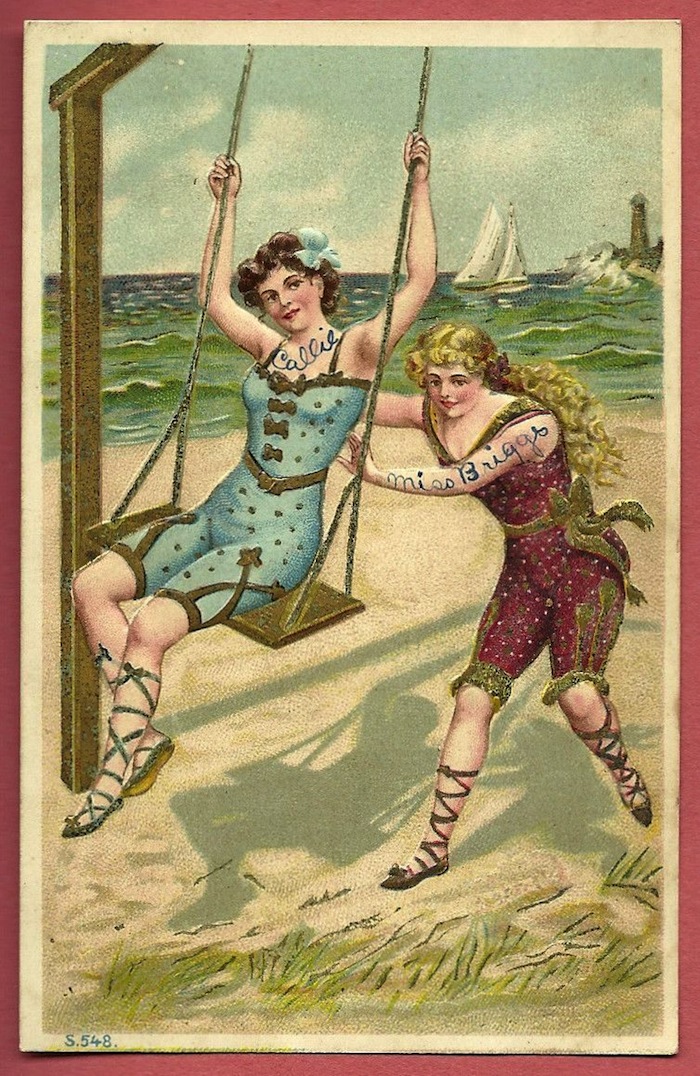 |
| Tuesday, April 3, 2011 |
Read Toni Morrison's THE BLUEST EYE (click to enlarge) |
| Tuesday, April 10, 2011 |
Read Panter and Warhol--most important in Panter is the 2nd
Book.... you may want to read the last part of the 2nd book first and
then page through the collection; only bring the 2nd book to class
unless you really want to lug the monster with you all day....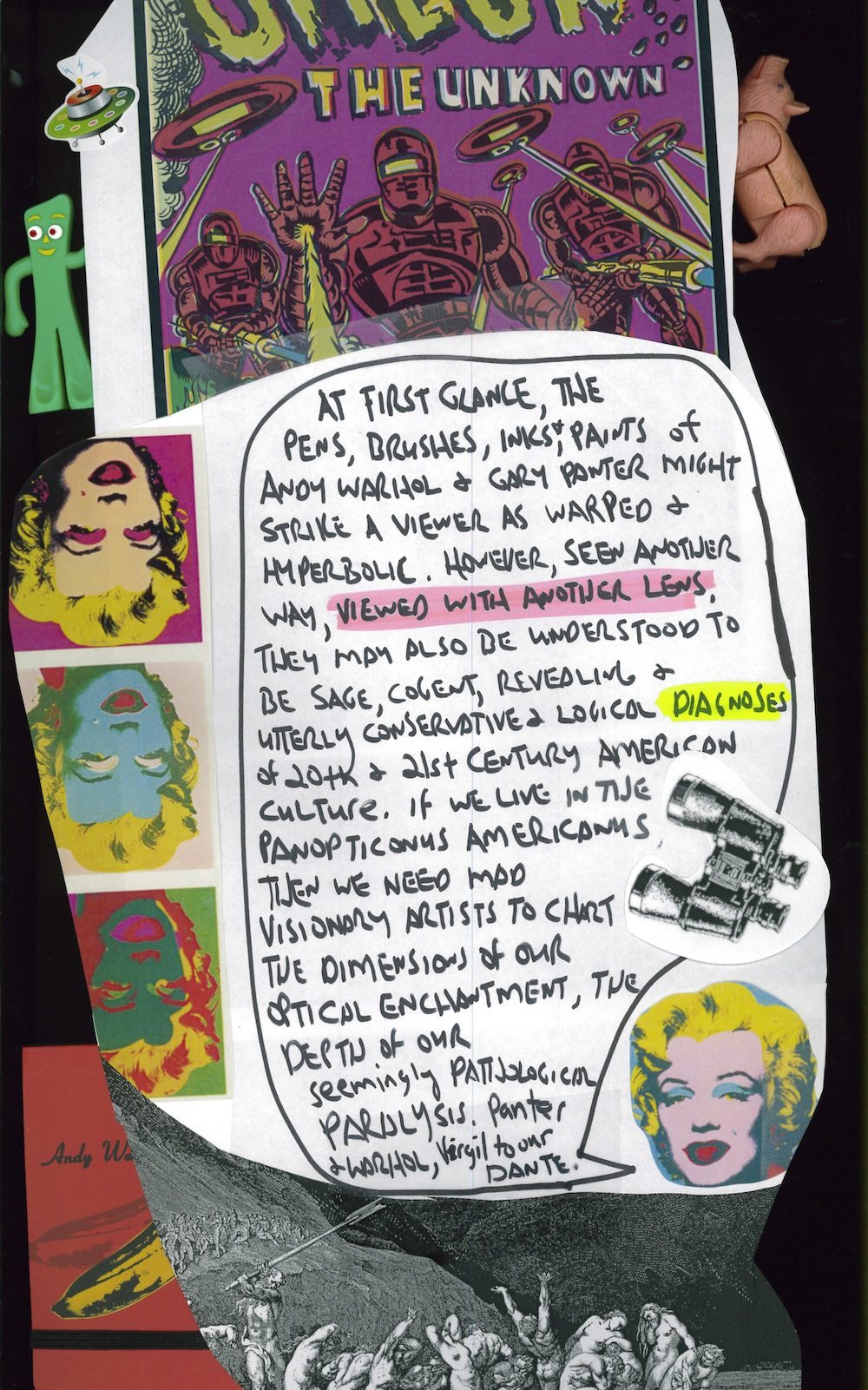 |
| Tuesday, April 17, 2011 |
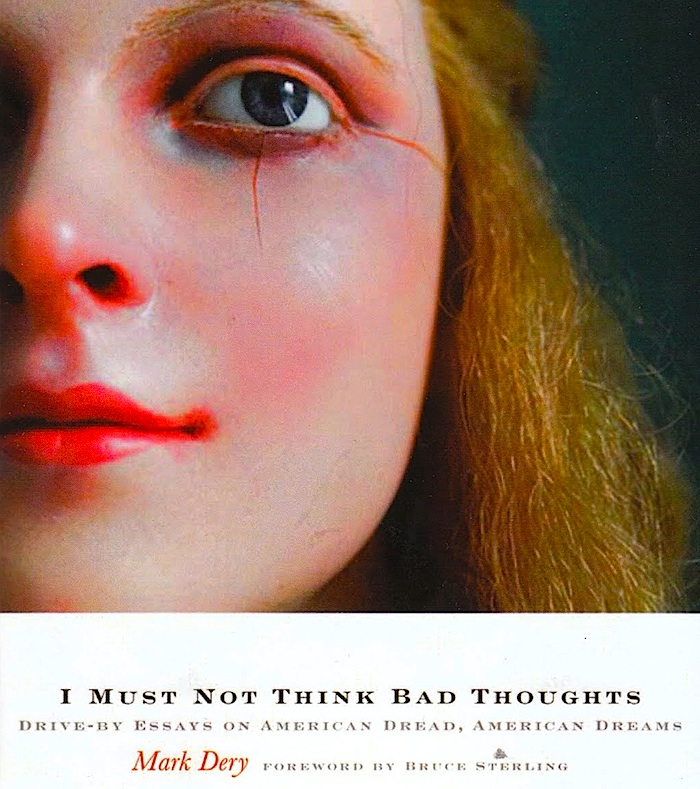 Mark Dery LECTURE Mark Dery LECTURENo readings.... save for this essay by Dery.... however, you are expected to bring the first three pages of your seminar essay to turn in to me in class. 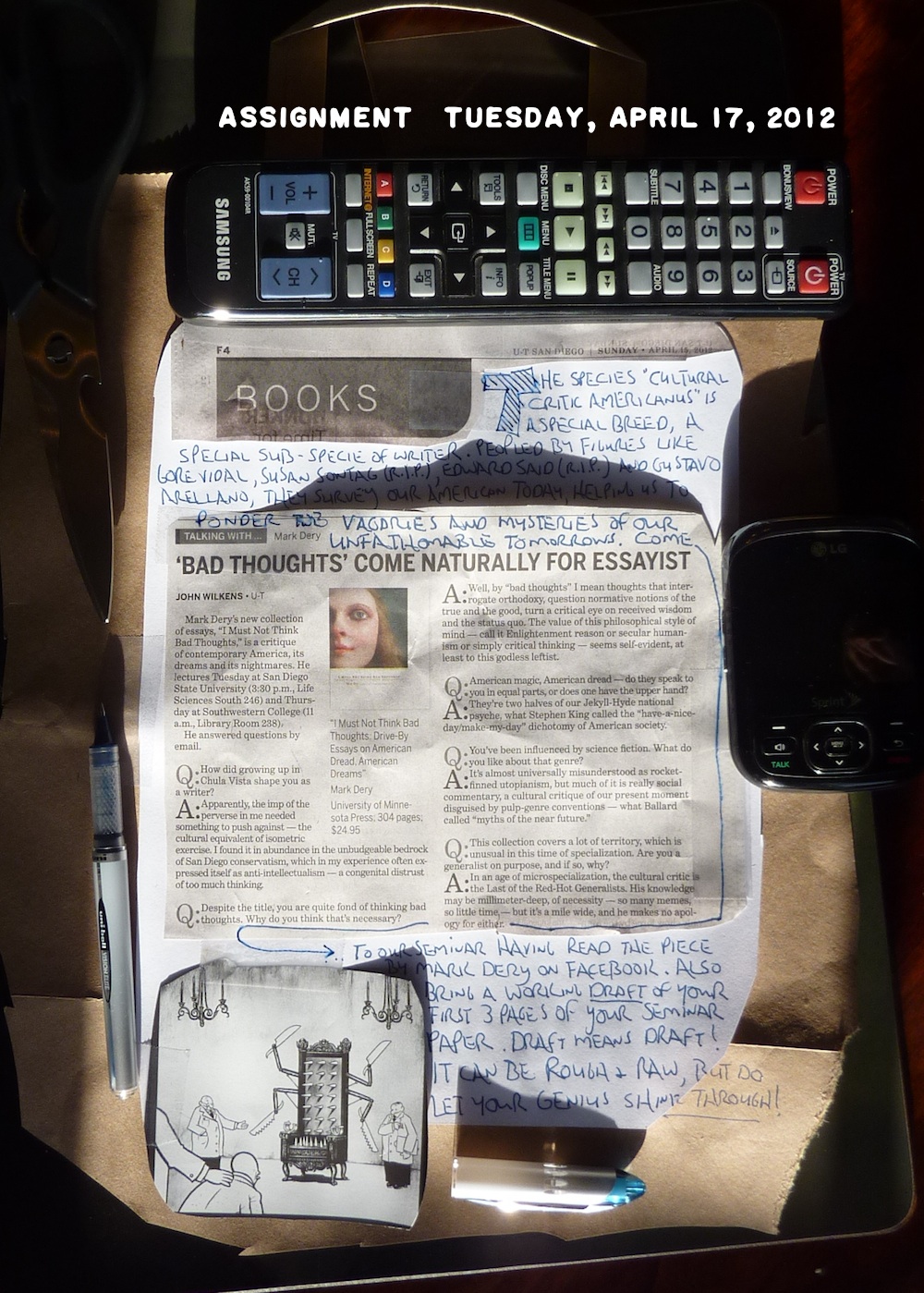 Dery Lecture Poster | MALAS 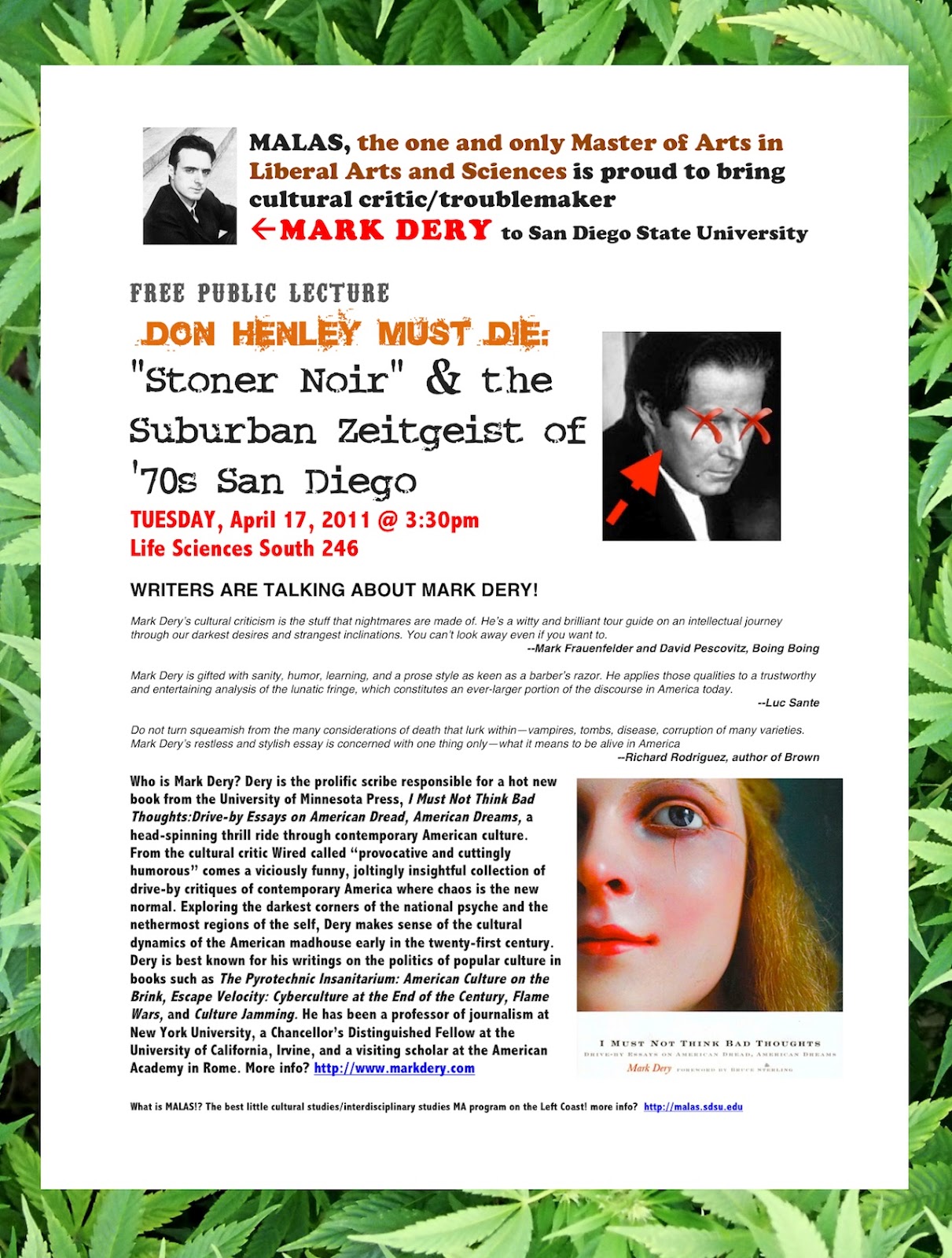 alt view of assignment prompt collage 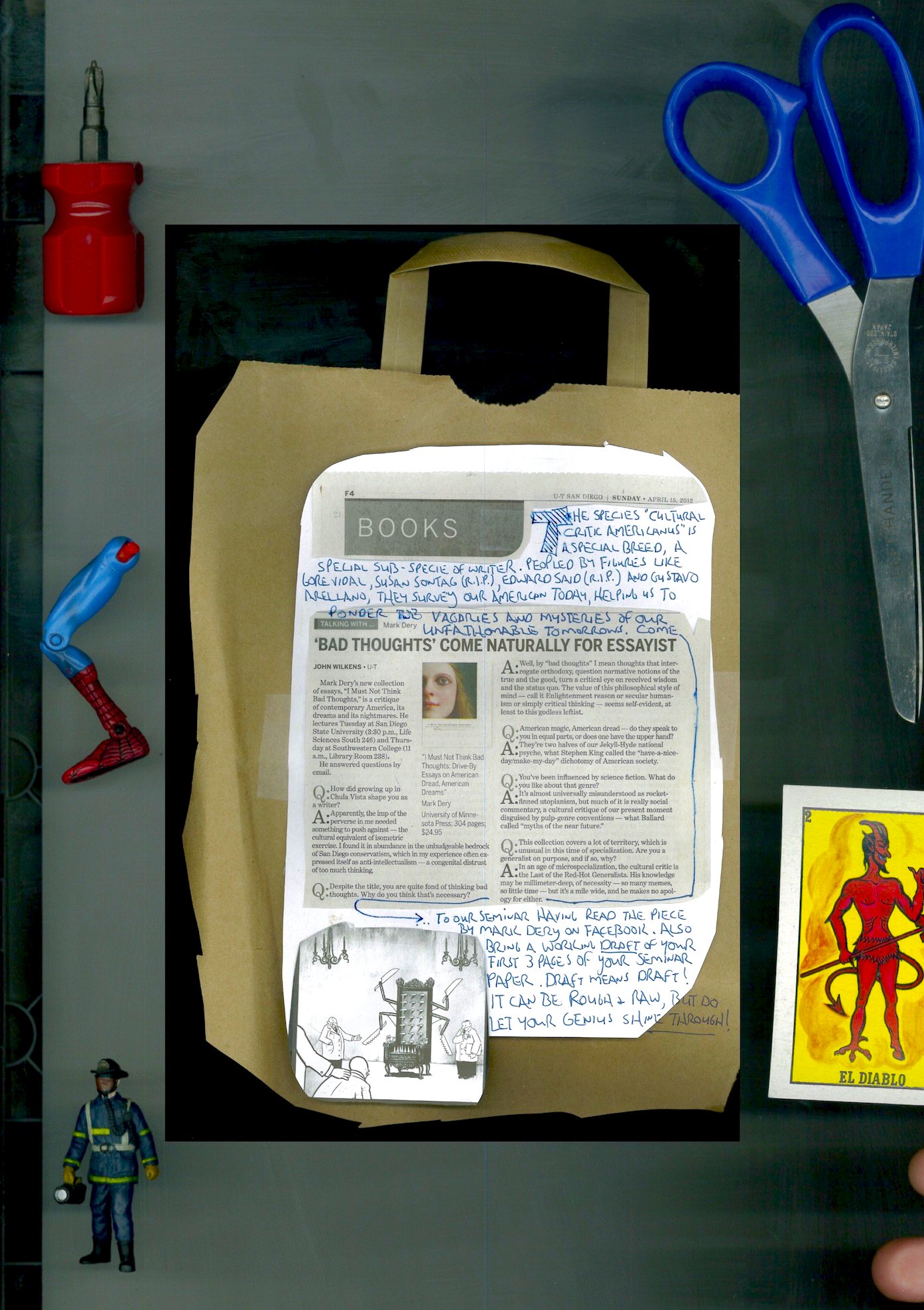 |
| Tuesday, April 24, 2011 |
Seminar hiatus owing to professorial viral encounters!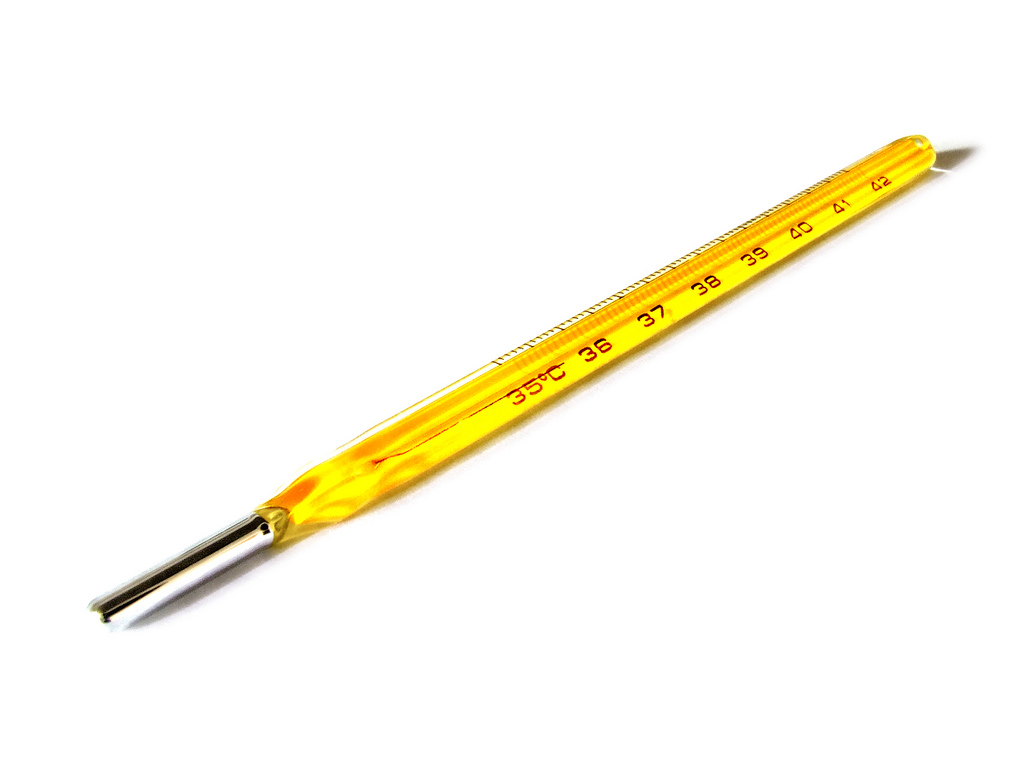 |
| Tuesday, May 1, 2011 |
| Tuesday, May 8, 2011 |
| More Graphic Narrative as we dive into the mad manic
minds of
GILBERT HERNANDEZ and CHRIS WARE... bring both books to
seminar... NOTE! UPDATE!!!As I hate to have papers due when you also have
material to prepare, I am giving you the option of turning your essays
in on Friday, May 11, 2012, by noon. However, NO EMAILED essays will be accepted,
though--so plan carefully! click to enlarge (you may have to click it again when you land in order for it to expand again--this depends on your browser. 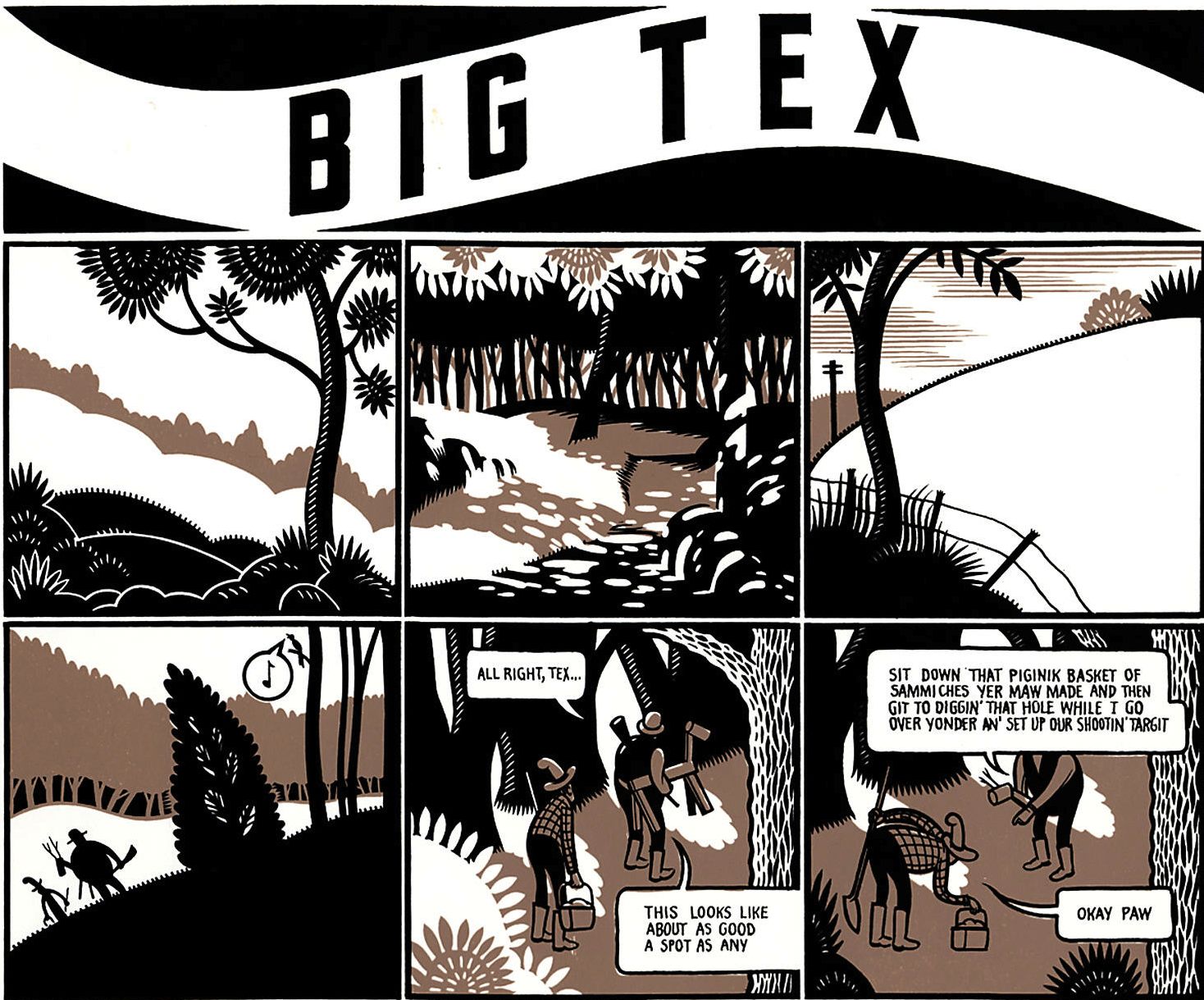 |
| Friday, May 11, 2011 |
Turn your seminar papers by NOON today, under the door, Arts and Letters 273.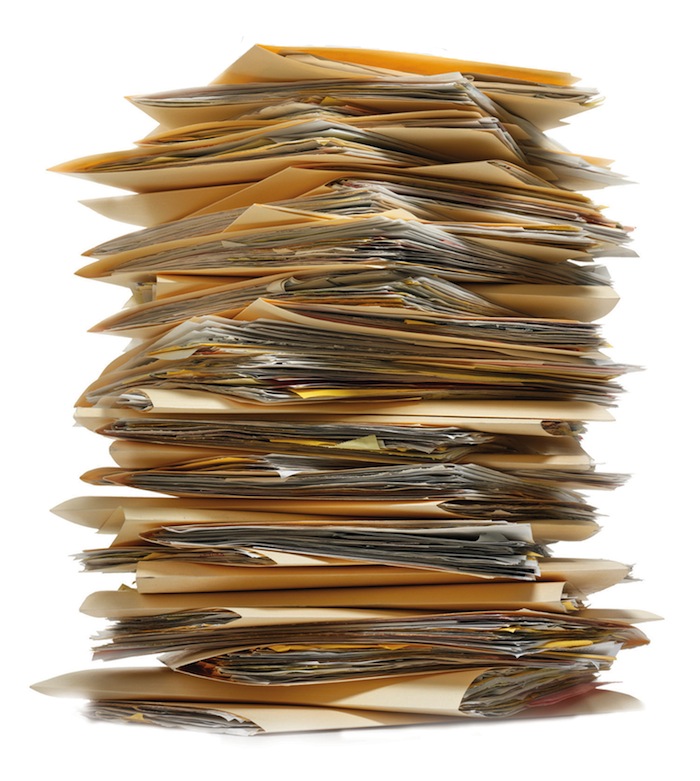 |
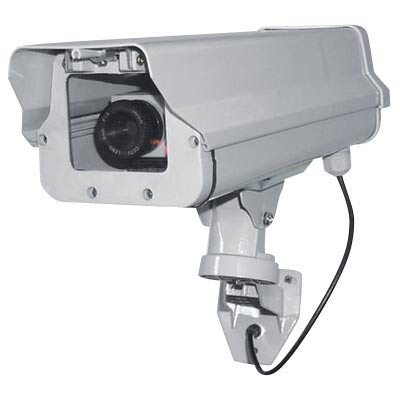 Adieu! |